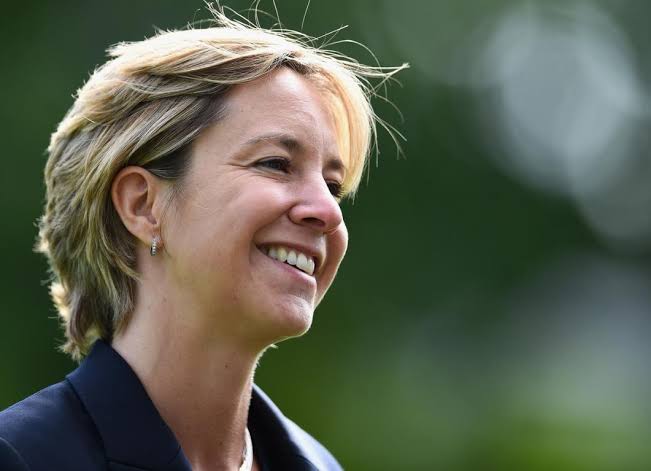The England and Wales Cricket Board (ECB) has unveiled an ambitious four-year plan aimed at enhancing cricket participation in ethnically diverse communities. This initiative includes a substantial investment of £3.5 million dedicated to training hundreds of school teachers and fostering engagement among younger players.
The announcement was made on Wednesday by ECB CEO Richard Gould, who emphasized that this strategy sets a clear roadmap for the future of cricket over the coming years.
This plan is a direct response to the findings presented by the Independent Commission for Equity in Cricket in their September 2023 report. The ECB aims to achieve a 10% increase in the weekly participation of children in cricket, a goal that underscores their commitment to inclusivity in the sport.
ALSO READ- 5 Actions plans for Indian Women Cricket Team to be a successful Team

To support these efforts, the ECB is set to construct 450 new facilities in urban areas, specifically tailored for ethnically diverse communities by 2027. In addition, they plan to enhance volunteer engagement by training thousands of individuals, with a target of boosting the number of young volunteers by 50% within the next four years.
This effort is critical, especially considering that the England men’s cricket team has been largely represented by players from privately educated backgrounds.
FOLLOW OUR FB PAGE FOR LATEST SPORTS NEWS
Clare Connor, the ECB’s deputy CEO, expressed the organization’s determination to make substantial strides in promoting cricket to a broader audience.

“We have made real, tangible progress in recent years, and we are investing more than ever to open the sport to more people,” she stated, highlighting the ECB’s focus on growth and inclusivity.
The ECB’s announcement comes closely on the heels of similar initiatives in other sports, such as the Rugby Football Union’s launch of a limited-contact rugby format designed to bolster participation at school levels, as both cricket and rugby seek to address declining numbers.
This proactive approach by the ECB not only enhances accessibility to cricket but also strengthens the sport’s foundation for future generations.

